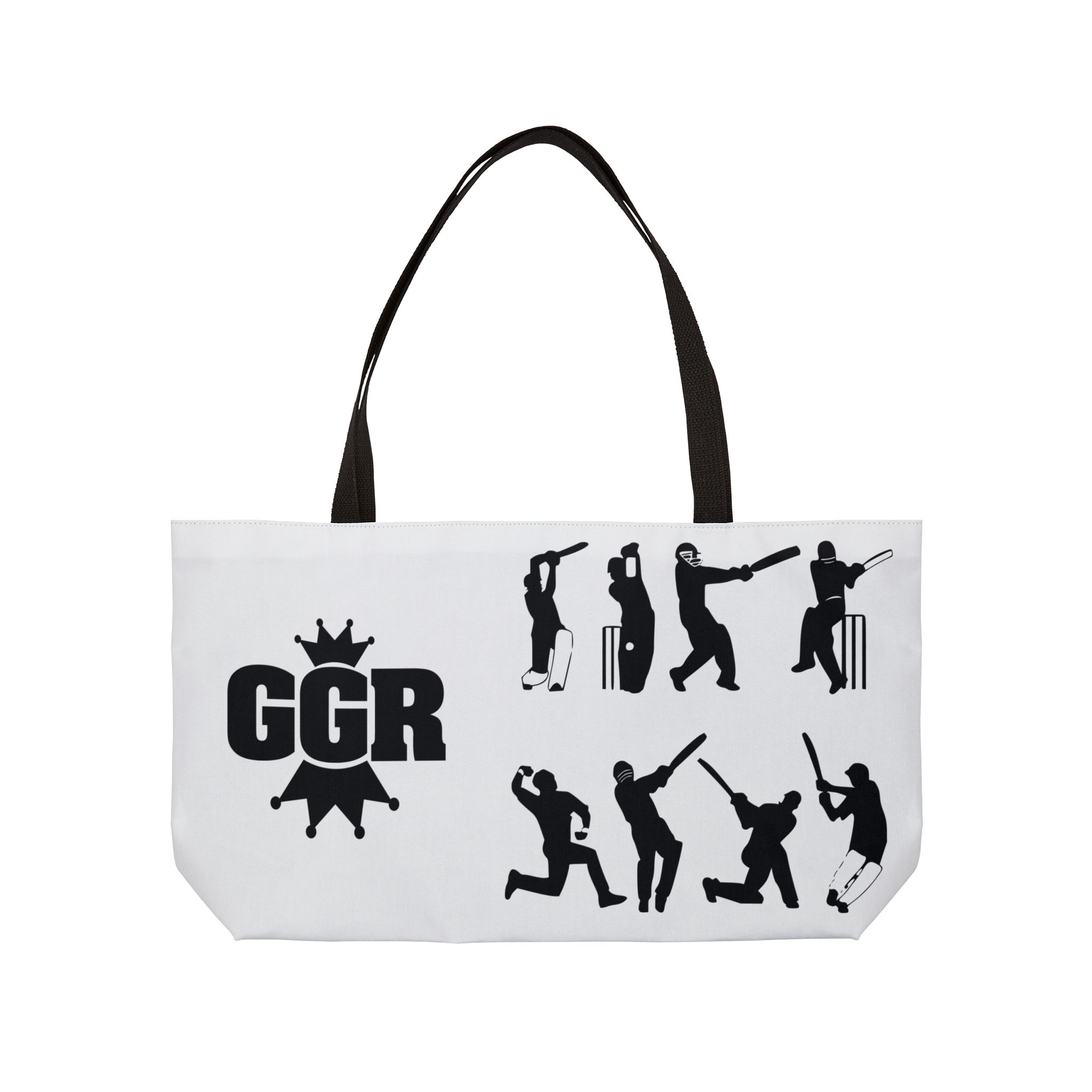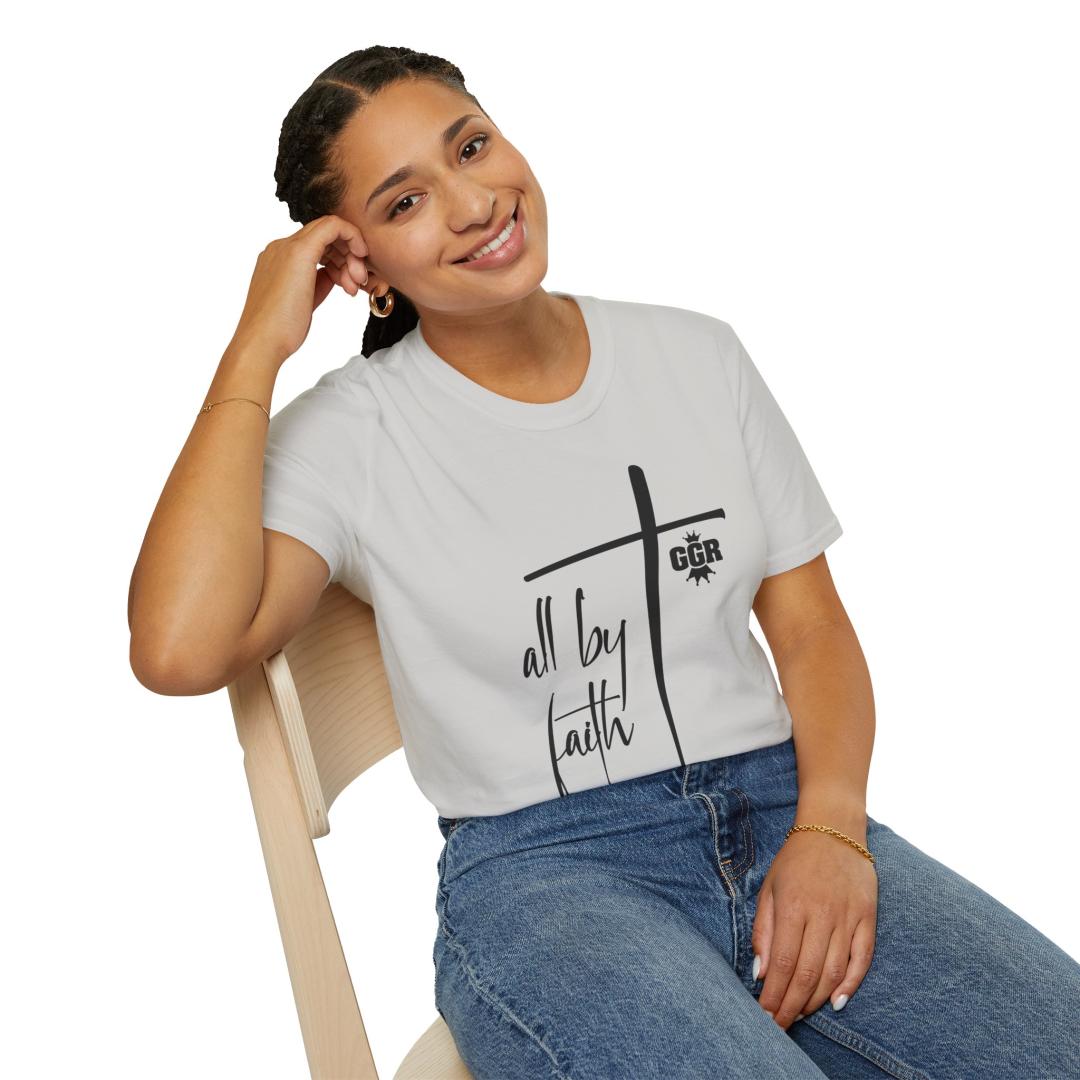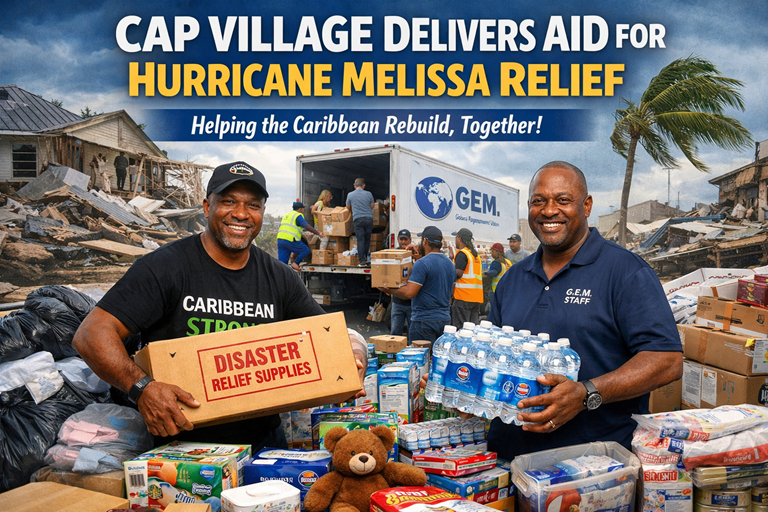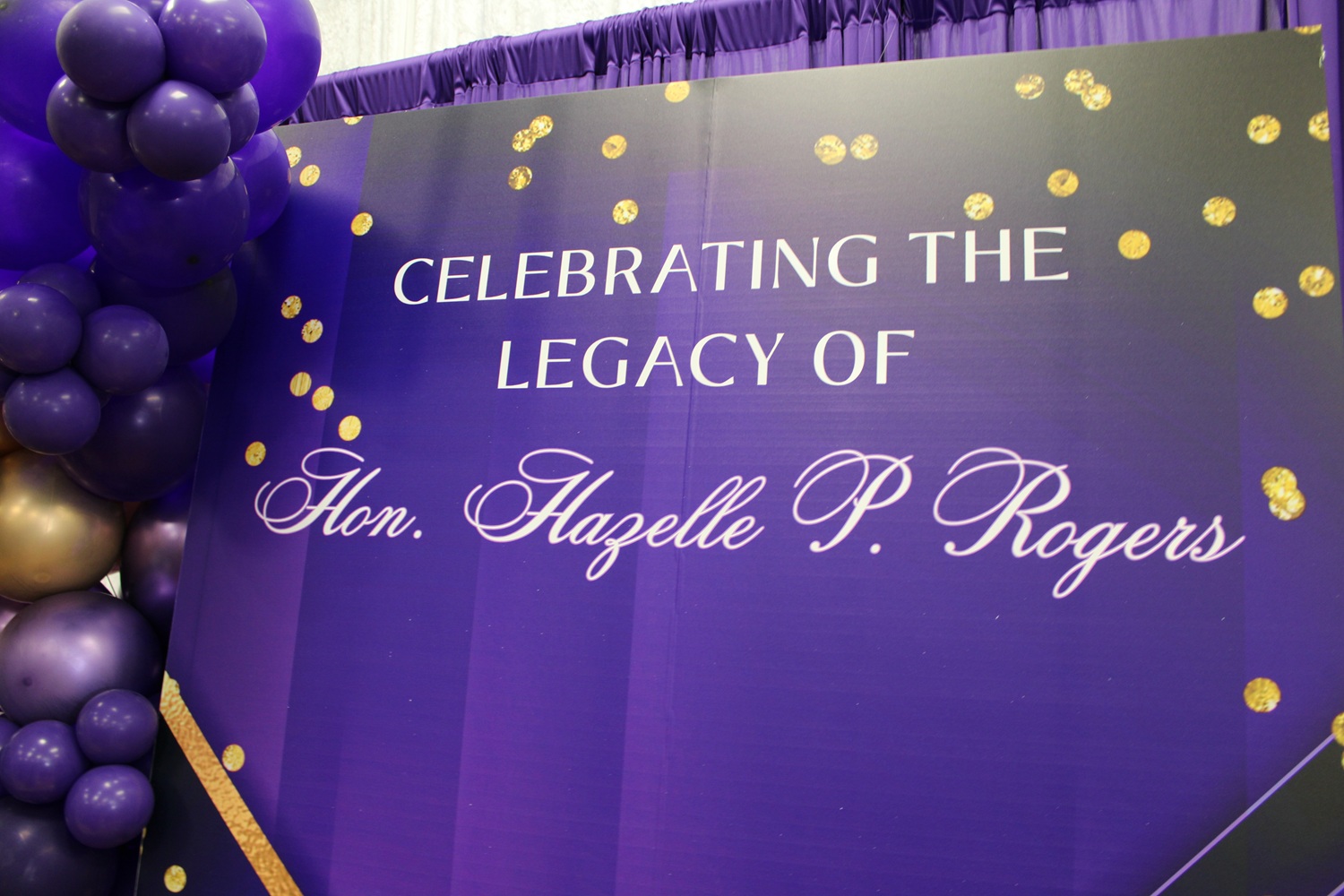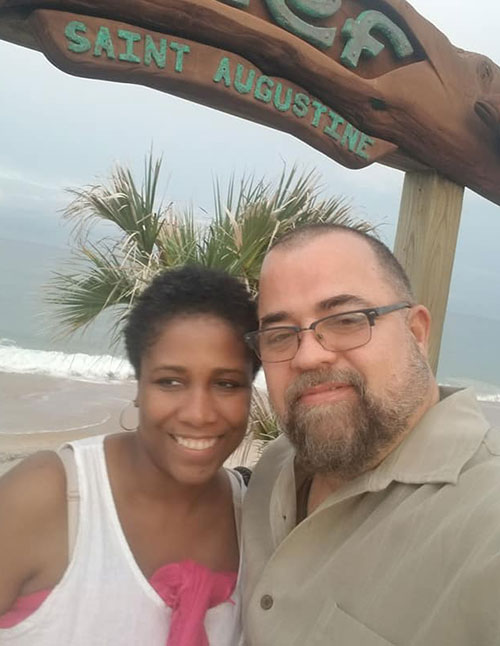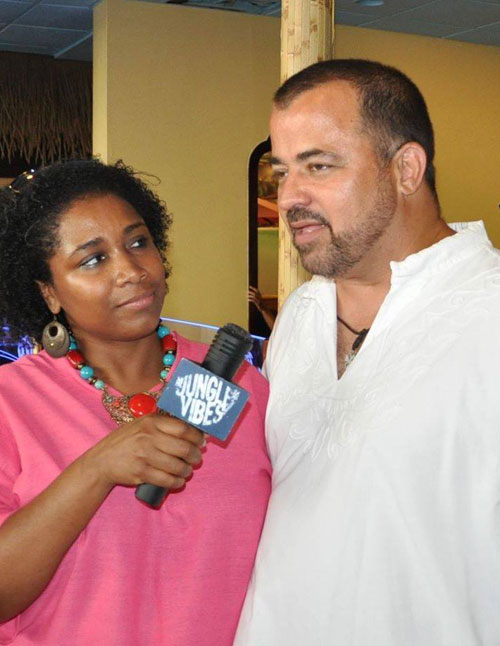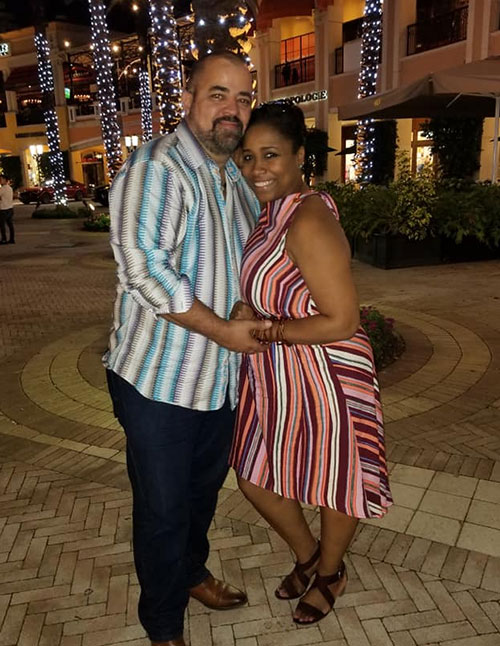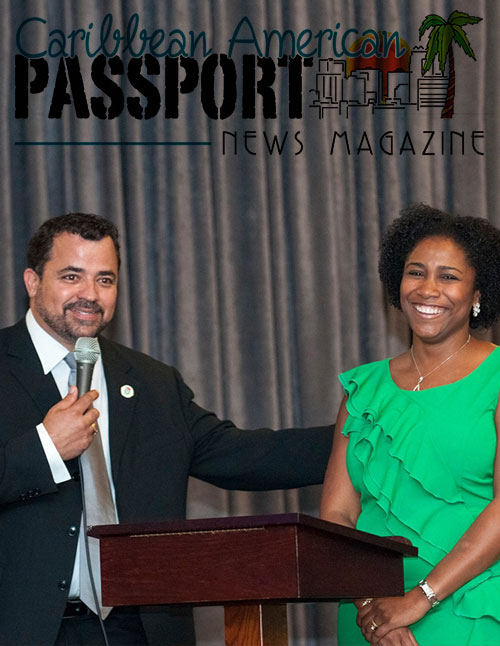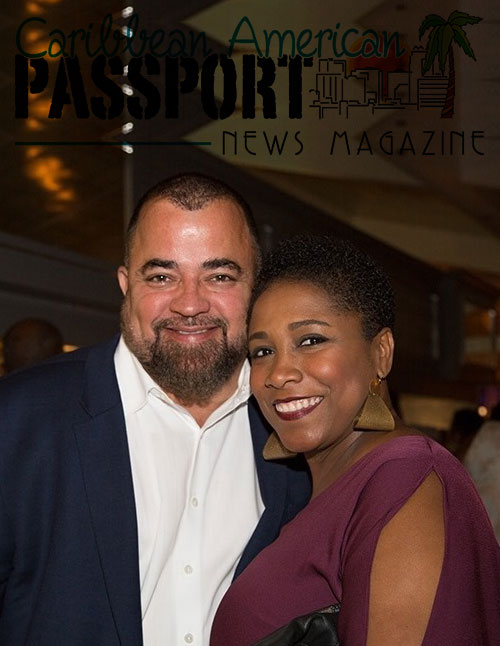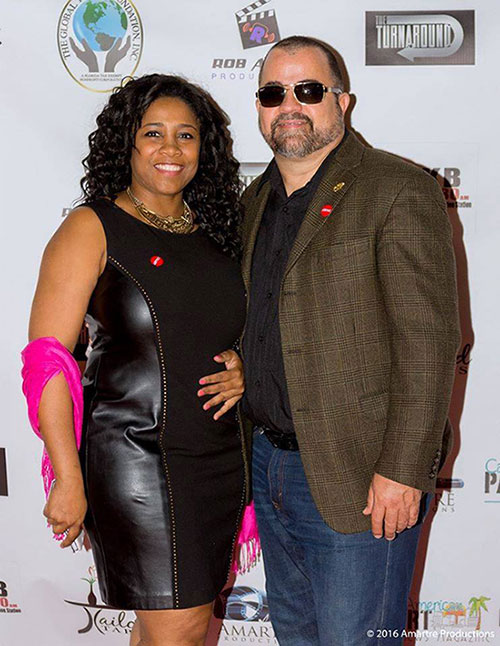In today’s world, change is constant. Political tensions shift overnight, social movements rise and fall, and the steady drumbeat of crises keeps many people in a constant state of unease. Whether it’s the on the home-front, headlines, social media debates, or policy battles, the rapid pace of change can quietly erode mental well-being, fueling feelings of anxiety, depression, and self-doubt.
Uncertainty has certainly always been part of life, but today’s pace makes it feel inescapable. Philosophers remind us that certainty itself is an illusion, a comfort we create to feel safe in a world that is, by nature, unpredictable. Yet our human need for stability and control makes the loss of that illusion deeply unsettling.
We live in an age of information overload. News updates, social feeds, and political commentary reach us in real time, leaving little space to breathe or process. This constant exposure to turmoil can create chronic stress, emotional exhaustion, and a sense of hopelessness. Depression, for many, doesn’t stem from one crisis, it builds slowly from the fatigue of trying to stay afloat in an unstable world.
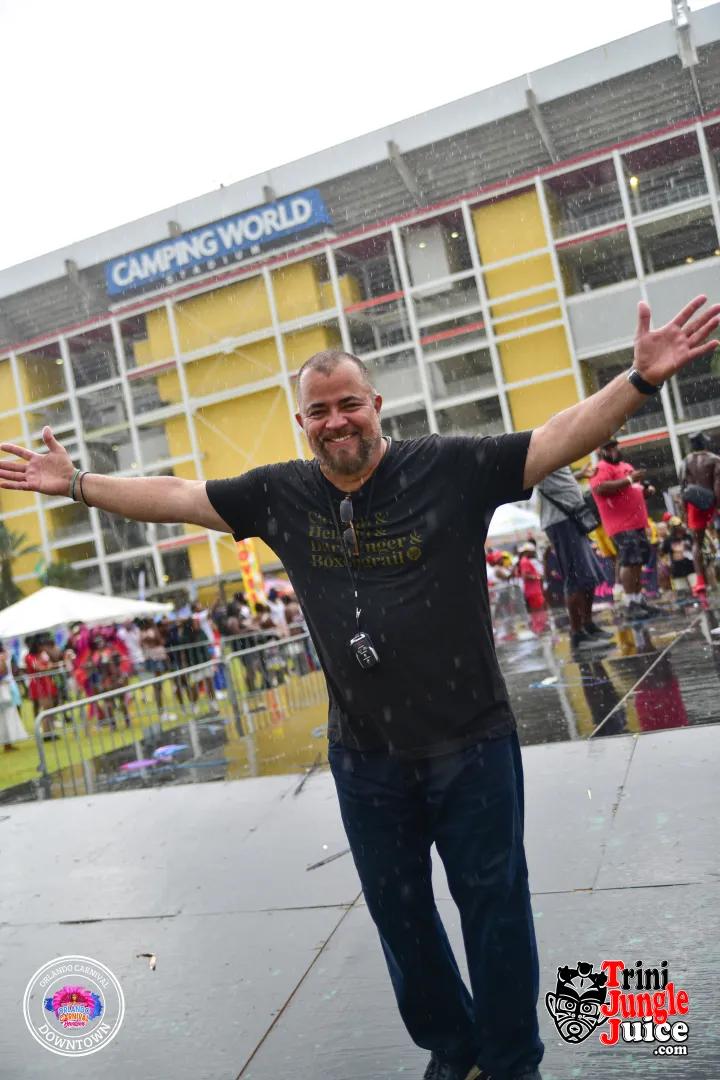
Self-doubt often creeps in alongside this fatigue. It whispers that we’re not doing enough, not strong enough, or not capable of making a difference. The truth is, our minds were never designed to carry the weight of the world’s chaos every hour of the day.
In times of upheaval, fear and instability can drive reactive behaviors, clinging to the familiar, overanalyzing, or freezing in indecision. Psychologists call this unproductive uncertainty, a state in which anxiety narrows our focus so much that we miss opportunities for growth, creativity, and healing.
The emotional toll is heavy. Anxiety, overthinking, and self-criticism can spiral into burnout and depression, especially for those in high-stress environments like healthcare, education, or leadership or self-employment. Without proactive coping strategies, uncertainty becomes paralyzing.
Fortunately, even in times of turmoil, there are tools that help us navigate uncertainty with clarity and resilience. These practices don’t erase chaos, they help us build strength within it.
Grounded awareness starts with stillness. Before reacting to stress or fear, take a moment to pause and breathe. Ask yourself: What am I feeling right now, and what can I actually control? This small act of mindfulness can interrupt panic, calm the nervous system, and help you respond with intention rather than reactivity.
Not all uncertainty is equal. Immediate crises, like a sudden policy change or personal loss, require fast, decisive action. Long-term instability, however, calls for endurance, collaboration, and adaptability. Recognizing the difference allows you to pace yourself and preserve your emotional energy.
When everything around you feels unstable, daily structure restores a sense of control. Simple rituals, morning walks, journaling, or preparing a quiet meal, become anchors that remind your mind and body that stability still exists in small, personal ways. How do you eat an elephant, small bites!!!
Constant exposure to political drama or bad news heightens anxiety. Setting healthy boundaries, turning off notifications, avoiding endless doomscrolling, or designating “no-news hours”, protects your mental bandwidth. You’re allowed to stay informed without being consumed.
Depression and self-doubt thrive in isolation. In uncertain times, seek spaces that offer empathy rather than judgment, friends, family, faith groups, support circles, or even online communities rooted in respect. Meaningful connection dissolves the illusion that we face chaos alone.
When people share their struggles openly, it reminds us that fear and confusion are universal human experiences. Collective understanding becomes a foundation for hope and strength.
When external structures feel unreliable, grounding yourself in values provides direction. Compassion, integrity, justice, and care for others, whatever your core principles may be, they serve as internal compasses when the external world is unpredictable.
These values remind us that our worth isn’t measured by how much we can fix in the world, but by how we show up, with kindness, courage, and authenticity, even in difficult times.
Uncertainty can be painful, but it also opens doors. When rigid plans fall apart, new possibilities emerge. The early days of the COVID-19 pandemic revealed how quickly communities could innovate, connect, and adapt. Change can spark creativity when we stop resisting and start reimagining what’s possible.
- Practice mindfulness or prayer each morning to center your thoughts.
- Limit social media time and curate positive content.
- Stay physically active, even through short walks or stretching.
- Focus on small goals, cleaning a space, finishing a task, helping someone.
- Express gratitude daily for moments of calm, kindness, or beauty.
- Offer grace to yourself and others when things don’t go as planned.
While uncertainty can bring fear and instability, it also offers a chance for reinvention. Periods of disruption often force us to rethink old habits and challenge outdated systems. They remind us of what truly matters, and that even in the darkest times, we have the power to rebuild with greater compassion and purpose.
We cannot control the storms of politics, society, or global change, but we can control how we navigate them. By caring for our mental health, connecting with others, and staying rooted in values, we create stability within ourselves.
Change is inevitable, but so is resilience. When we meet uncertainty not with despair but with awareness, courage, and empathy, we find that even in the most unstable times, there is room for healing, and for hope.


